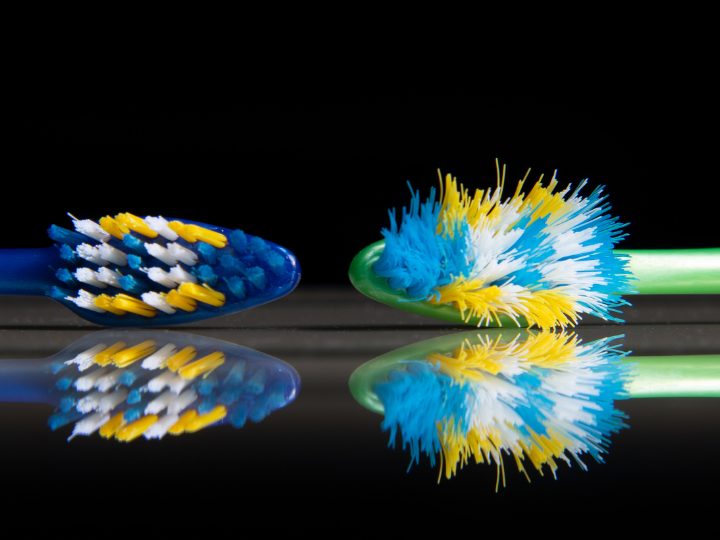Selecting the right toothbrush and toothpaste may seem straightforward, but with so many options available on the market, it can quickly become overwhelming. From electric to manual toothbrushes and from fluoride to whitening toothpastes, your choices can significantly impact your oral health. Understanding your individual dental needs is the first step to maintaining a healthy smile.
Choosing the Right Toothbrush
Manual vs. Electric Toothbrushes
Both manual and electric toothbrushes can effectively clean your teeth when used correctly. However, each comes with unique advantages.
- Manual Toothbrush: Affordable, portable, and widely available. Best suited for those with good brushing technique and discipline.
- Electric Toothbrush: Offers oscillating or vibrating bristles to remove plaque more efficiently. Great for those with limited mobility, braces, or gum issues.
Bristle Type
Toothbrushes come with soft, medium, or hard bristles. For most Australians, soft-bristled toothbrushes are recommended as they are gentle on the gums and enamel. Stiff bristles can cause gum recession and enamel erosion over time.
Head Size and Handle Grip
Choose a toothbrush with a head size that easily fits into your mouth and can reach the back molars. A non-slip handle with a comfortable grip allows better control during brushing, especially for children or older people.
Choosing the Right Toothpaste
Fluoride Toothpaste
Fluoride is a mineral that helps prevent tooth decay and strengthen enamel. Unless otherwise advised by your dentist, using a fluoride-based toothpaste is essential for most adults and children over six.
Toothpaste for Sensitive Teeth
If you experience discomfort when consuming hot, cold, or sweet foods, consider using a toothpaste specifically formulated for sensitive teeth. These contain compounds like potassium nitrate that help desensitise nerve endings.
Whitening Toothpaste
Whitening toothpaste may help remove surface stains, but won’t change the natural colour of your teeth. Use them sparingly, as excessive use can lead to enamel abrasion.
Natural Toothpaste
Natural or organic toothpastes are free from artificial preservatives, colours, and flavours. While popular among those avoiding synthetic chemicals, make sure they contain fluoride or are dentist-approved to ensure cavity protection.
Factors to Consider Based on Personal Needs
- Age: Children need smaller toothbrush heads and lower-fluoride toothpaste. Look for products labelled as suitable for their age group.
- Braces or dental work: Use toothbrushes with specialised bristle patterns and non-abrasive toothpaste to protect dental appliances.
- Gum health: Choose soft-bristled toothbrushes and toothpastes designed to fight plaque and gingivitis.
- Lifestyle habits: If you smoke or drink coffee or red wine regularly, a stain-removing toothpaste may be beneficial.
Final Thought
Choosing the right toothbrush and toothpaste is not just about brand preference—it’s about understanding your individual oral health needs and selecting products that support long-term dental care. Regular brushing, paired with routine dental check-ups, ensures your smile stays healthy and bright. If you’re still unsure about the best dental care products for your situation, speak to a professional at rouse hill dental for personalised advice.







